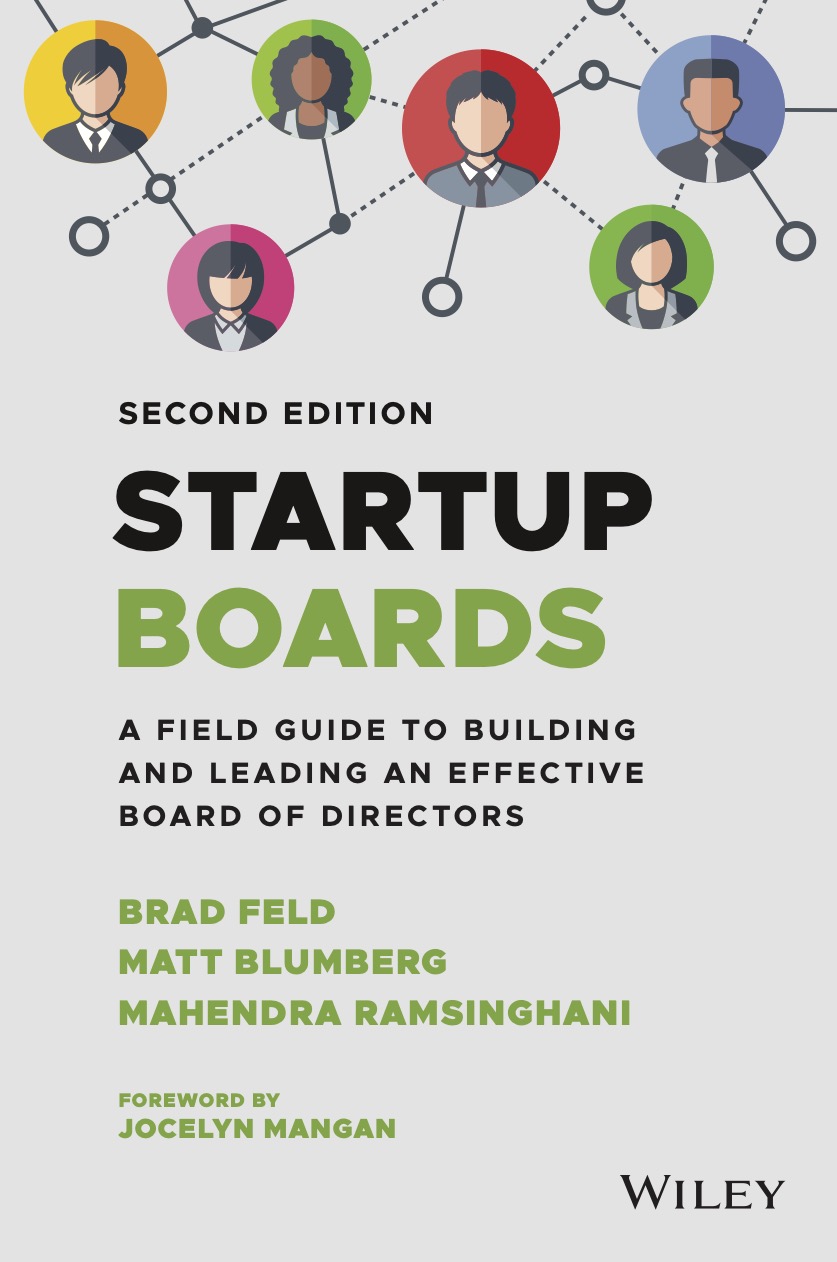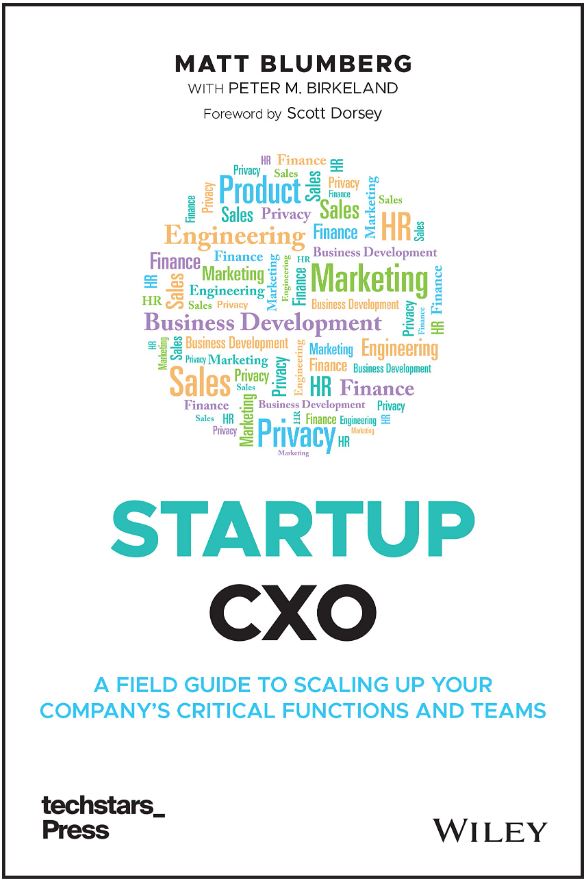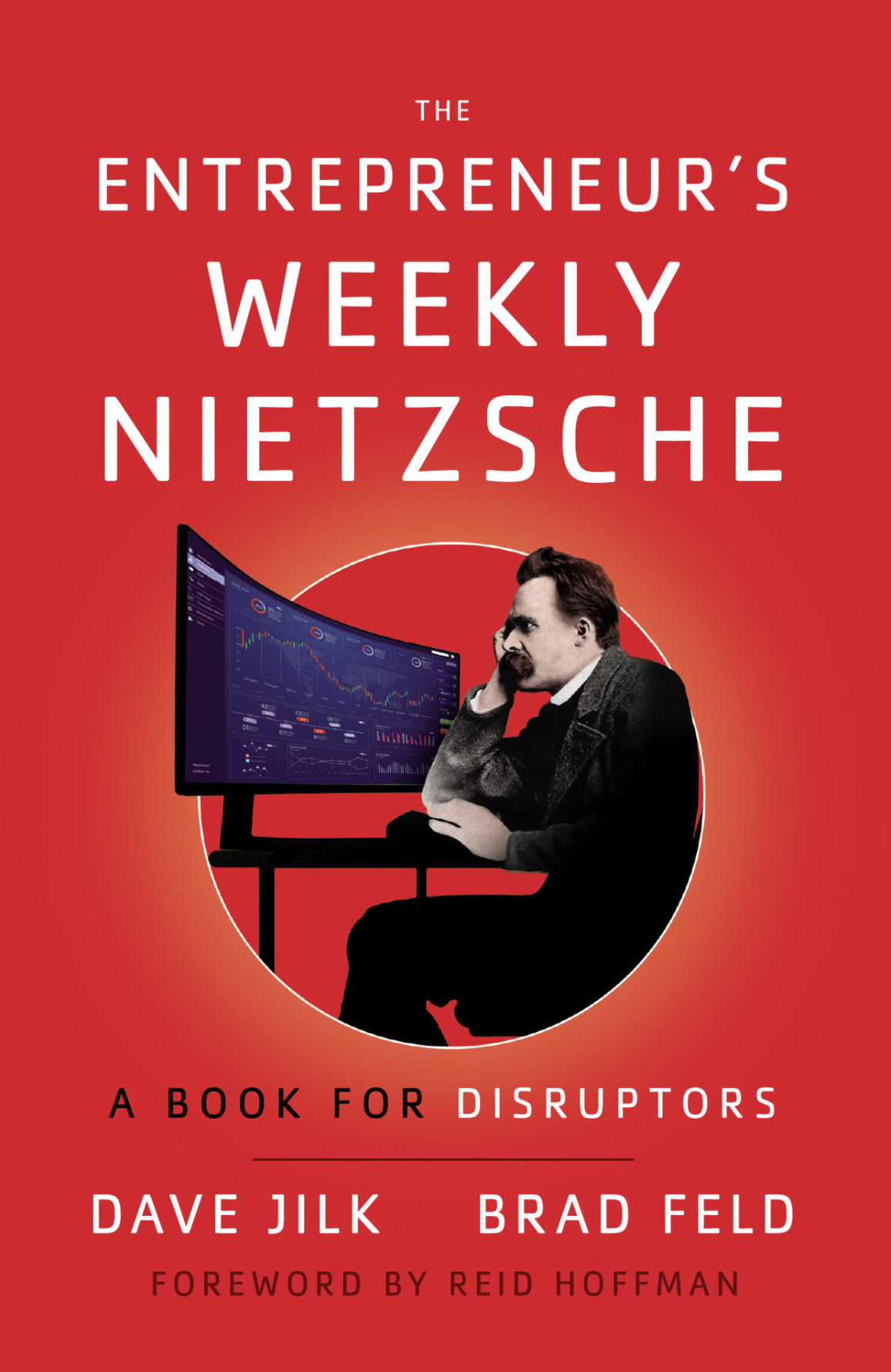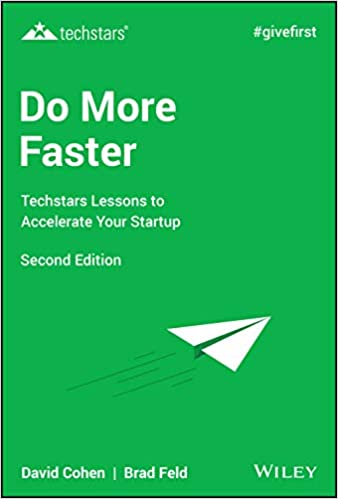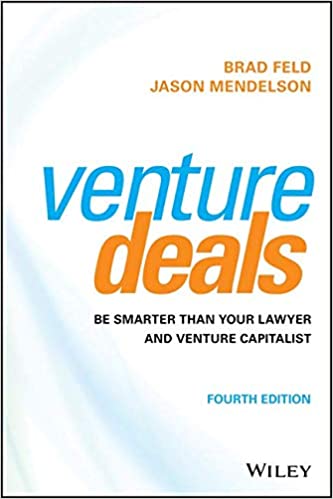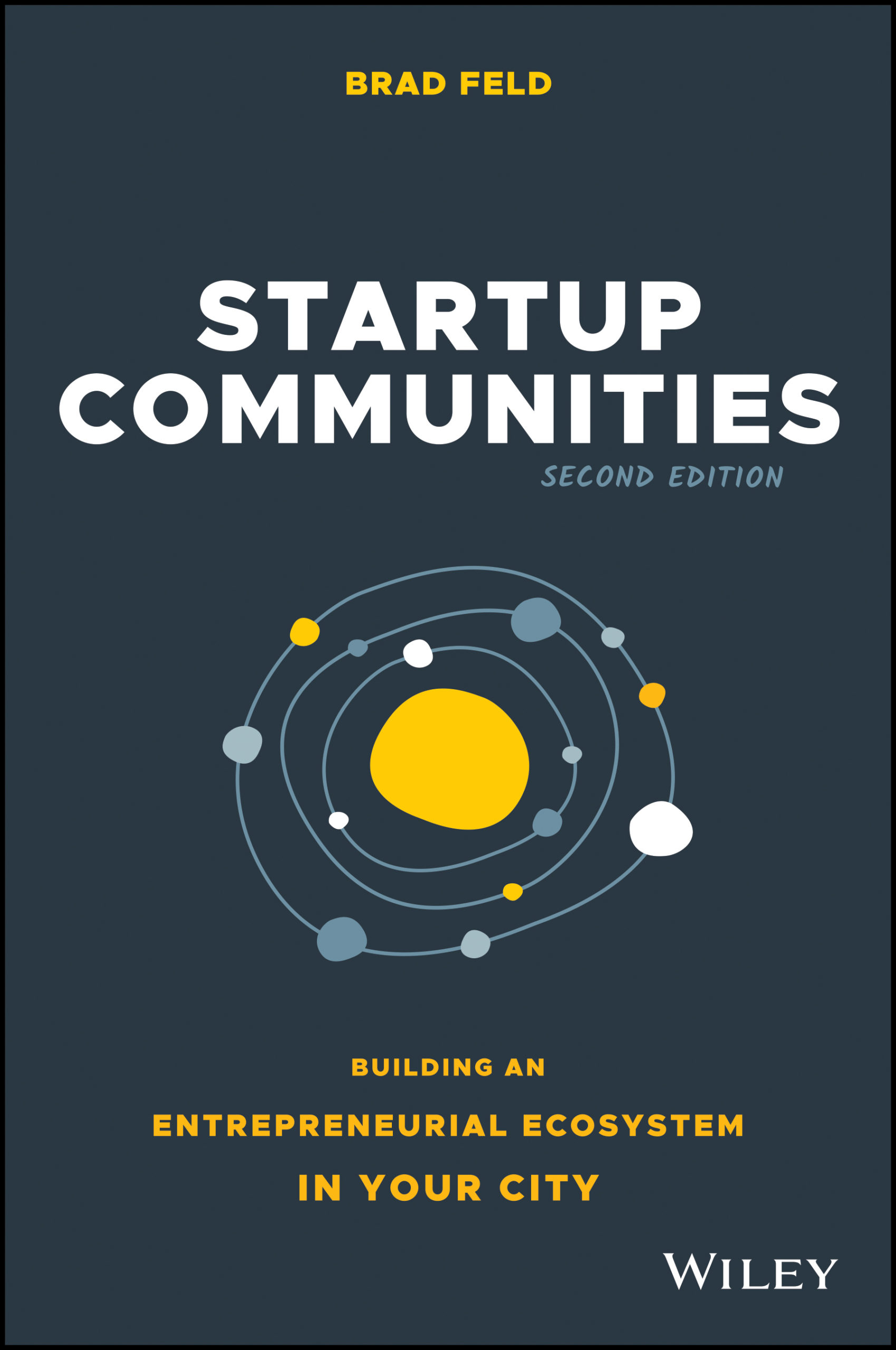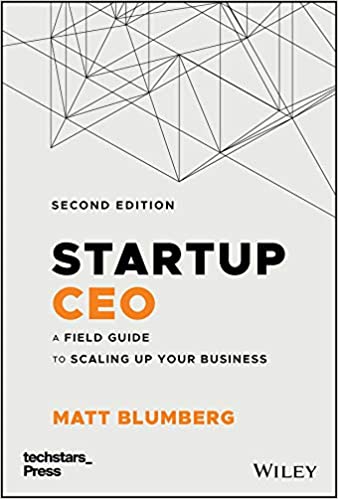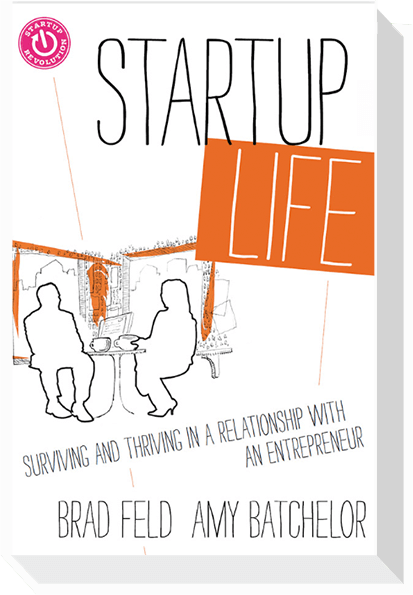Part I: The Consequences Of Rudderless Leadership (The Tao of the Cheshire Cat)
Guest Post By Andrew Sherman – Jones Day – (Partner)
 “Cheshire Puss,” she began, rather timidly, as she did not at all know whether it would like the name: however, it only grinned a little wider. “Come, it’s pleased so far,” thought Alice, and she went on. “Would you tell me, please, which way I ought to go from here?”
“Cheshire Puss,” she began, rather timidly, as she did not at all know whether it would like the name: however, it only grinned a little wider. “Come, it’s pleased so far,” thought Alice, and she went on. “Would you tell me, please, which way I ought to go from here?”“That depends a good deal on where you want to get to,” said the Cat.
“I don’t much care where—“ said Alice.
“Then it doesn’t matter which way you go,” said the Cat.
“–so long as I get SOMEWHERE,” Alice added as an explanation.
“Oh, you’re sure to do that,” said the Cat, “if you only walk long enough.”
Ask any serious boatsman whether they can get to their destination without a rudder and they will look at you as if you are insane. In the context of governance for leaders of emerging growth companies, a “rudder” is a steering device designed to articulate a clearly communicated set of goals, a conviction and a culture designed to achieve them and a backbone to enforce goals and performance metrics. Over the last ten to fifteen years, many citizens and shareholders have become frustrated that our leaders appear rudderless or directionless, which wastes taxpayer dollars and time and duties and damages shareholder value.
We want our leaders to pick a clear direction – one way or the other – even if we don’t agree with it – just to avoid stagnation, deadlock and complacency or be hit head on like the deer staring at the oncoming truck without moving one way or the other. Or worse yet, when we perceive leaders as being like Alice – essentially apathetic – as to their destination, that is even more frustrating than complacency because it consumes resources and gets us nowhere.
When Congress can’t reach decisions, boards can’t dictate a clear strategy and executives can’t effectively lead or motivate, we have a nation run by “Alices” and an economy which will remain weak, flat or broken. Entrepreneurs know that if we aim for nothing, we’ll be nothing. If we have no clear goals (or seem happy running in place like the hamster on the wheel), then we’ll go nowhere. If we ignore the signals to us to pro-actively move in one direction or the other, then our ability to make progress will die a slow death, like a cancer slowly eating away at a body. We cannot allow this country or the companies in it which we rely upon to generate tax revenues, innovation and new jobs, to wander aimlessly from one experience to another, one policy to another or one strategic plan to another. Empires have fallen and companies have filed bankruptcy when leaders are allowed to fall asleep at the switch and rudders  either don’t exist or are dysfunctional.
either don’t exist or are dysfunctional.
One of the most essential roles of the board of directors of an entrepreneurial or established company is to weigh-in each year on the company’s overall goals and objectives and then hold leaders accountable for the achievement of these plans. Board meetings should be “checkpoints” or “tollgates” to measure progress or help navigate through any forks in the road where management is torn as to which direction to choose. Boards sit in the same proverbial tree as the Cheshire Cat, providing navigational tools to the executives responsible for executing strategy but must never tolerate a response or report which is as directionless or rudderless as Alice’s “I don’t know,” or even worse “I don’t care.”
Leadership is all about informed decision-making based on a window of information which is often either too early or too late. Colin Powell had a great “40/70” rule for decision-making in the field of battle – if he had less than 40% of the data he needed to make a decision, it was probably too early to decide, if he had more than 70 percent, it was probably too late. In the context of corporate governance, I would suggest that the rule be in the 55/80 range in order to protect corporate assets and drive shareholder value.
Even when a board feels that they have the right window of information to make an informed decision, there should always be the step of skepticism before the step of decisiveness. Being decisive is critical (or we wind up like Alice), but boards and leaders need a voice and a process that confirms that the right quantity of information and the right level of analyses has in fact been gathered and performed. The board needs a “devil’s advocate.” In other words, when the Cheshire Cat (with its famous mischievous grin) gives its advice, someone even higher up the tree has asked all the right questions before Alice moves forward. The “devil’s advocate” can be a particular board member, a board committee or even an outside board advisor.
The Tao of the Cheshire Cat is that if an organization does not know where it is going, then any road will take it there. Strategy maps are only needed after a clear destination has been selected. No citizen or shareholder wants to be part of a nation or a company which is rudderless, directionless and apathetic. The productivity of any one employee is directly aligned with the clarity of the strategic direction which leaders communicate on a regular and consistent basis.
 Andrew Sherman focuses his practice on issues affecting business growth for companies at all stages, including developing strategies to leverage intellectual property and technology assets, as well as international corporate transactional and franchising matters.
Andrew Sherman focuses his practice on issues affecting business growth for companies at all stages, including developing strategies to leverage intellectual property and technology assets, as well as international corporate transactional and franchising matters.
He has served as a legal and strategic advisor to dozens of Fortune500 companies and hundreds of emerging growth companies. He has represented U.S. and international clients from early stage, rapidly growing start-ups, to closely held franchisors and middle market companies, to multibillion dollar international conglomerates. He also counsels on issues such as franchising, licensing, joint ventures, strategic alliances, capital formation, distribution channels, technology development, and mergers and acquisitions.
Andrew has written 17 books on the legal and strategic aspects of business growth, franchising, capital formation, and the leveraging of intellectual property. He also has published many articles on similar topics and is a frequent keynote speaker at business conferences, seminars, and webinars. He has appeared as a guest commentator on CNN, NPR, and CBS News Radio, among others, and has been interviewed on legal topics by The Wall Street Journal,USA Today, Forbes, U.S. News & World Report, and other publications.
Andrew serves as an adjunct professor in the M.B.A. programs at the University of Maryland and Georgetown University and is a multiple recipient of the University of Maryland at College Park’s Krowe Excellence in Teaching Award.
